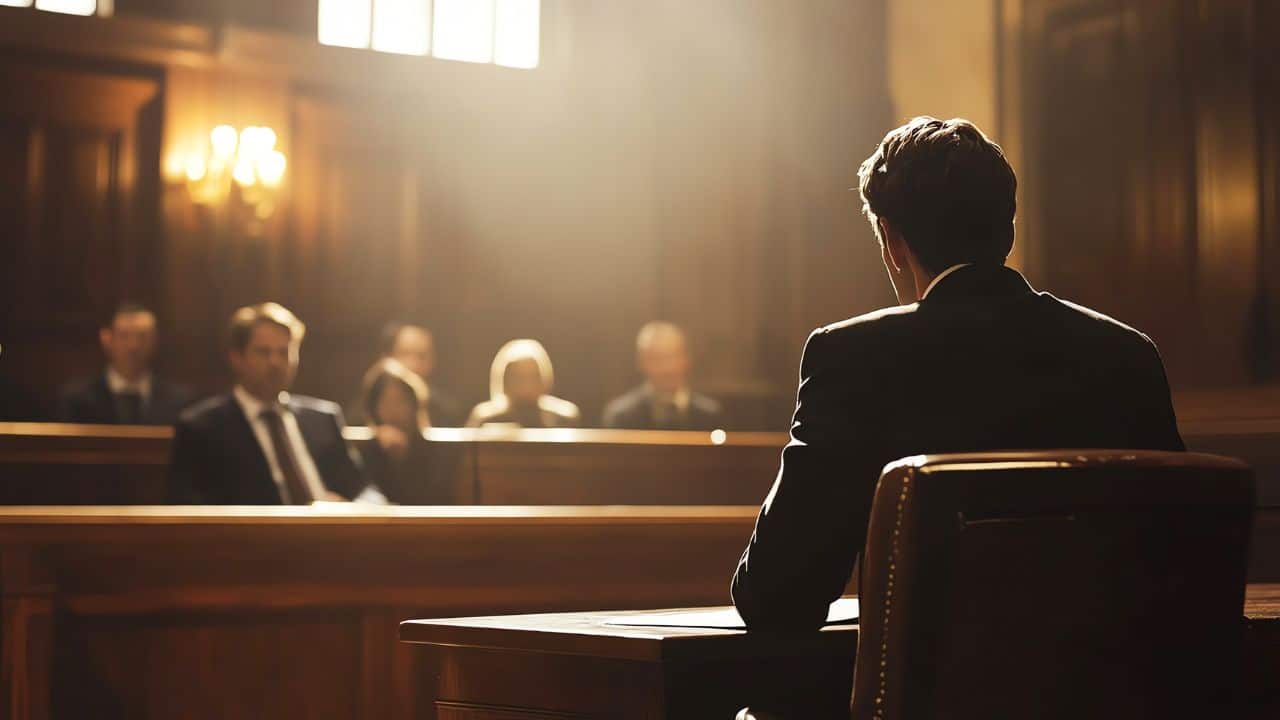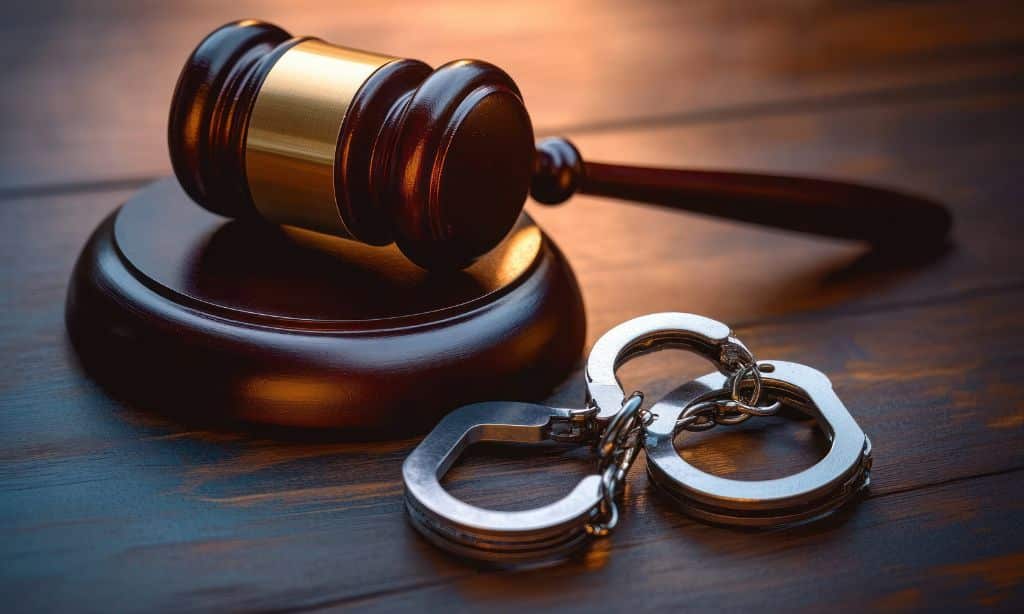Evidence plays a decisive role in federal criminal cases, shaping the arguments presented in court and influencing the final verdict. Every piece of evidence, from witness testimony to forensic reports, undergoes intense scrutiny to determine its reliability and admissibility.
The prosecution relies on compelling evidence to establish guilt, while the defense works to weaken the prosecution’s case by exposing inconsistencies, challenging legal procedures, and questioning the validity of presented proof. A well-prepared defense strategy hinges on a deep understanding of how evidence is handled, assessed, and contested in federal courts.
Gaining insight into these legal dynamics can make a crucial difference in the courtroom. Keep reading to learn how evidence can shape the outcome of a federal criminal case and what it means for the defense.
Types of Evidence Used in Federal Criminal Cases
Evidence is essential in proving or disputing federal charges. Prosecutors and criminal defense attorneys use different types of evidence to support their claims or challenge the opposition.
The following are key types of evidence presented in federal courts:
- Physical evidence: Weapons, drugs, or financial records are often used in cases involving drug trafficking, money laundering, or white-collar crimes. The defense may challenge how the evidence was obtained or argue that it does not link the defendant to the crime.
- Testimonial evidence: Witness statements can strengthen or weaken a case. The prosecution relies on testimony from victims, co-defendants, or expert witnesses. The defense may cross-examine witnesses to expose inconsistencies.
- Digital evidence: Emails, text messages, and online transactions are often used in wire fraud, bank fraud, and securities fraud cases. The defense can argue that digital records were manipulated or taken out of context.
- Forensic evidence: DNA, fingerprints, and forensic accounting reports are crucial in many federal offenses. The defense may challenge the reliability of forensic testing or question the credentials of forensic experts.
Evidence can be used to build a case or dismantle one. To ensure fair treatment, it is essential to find the best federal criminal defense lawyer for your case who understands how to challenge weak or unlawfully obtained evidence.
Challenging the Prosecution’s Evidence
The prosecution’s case depends on the strength of its evidence, but every piece of evidence is subject to scrutiny. Criminal defense attorneys must examine whether the evidence was lawfully obtained, properly handled, and accurately presented.
To weaken the prosecution’s argument, the following legal defense strategies may be used:
- Illegal searches and seizures: The Fourth Amendment protects against unlawful searches. If federal agencies obtain evidence without a warrant or probable cause, the defense can file a motion to suppress.
- Chain of custody issues: Evidence must be handled properly from collection to trial. If the chain of custody is broken, the integrity of the evidence is compromised.
- Witness credibility challenges: The defense can expose inconsistencies in witness testimony or prove that a witness has a motive to lie. This is common in cases involving conspiracy charges or cooperating witnesses.
- Forensic science errors: The defense may challenge lab results, expert opinions, or improper handling of forensic evidence.
Successfully challenging evidence can weaken the prosecution’s case, making it easier to secure a lesser charge, a plea agreement, or even case dismissal. A strong defense strategy is essential to protecting a defendant’s constitutional rights and achieving the best possible outcome.
Using Evidence to Build a Strong Defense
A federal defense attorney must go beyond challenging prosecution evidence by presenting strong proof that supports the defendant’s case. The goal is to establish reasonable doubt or demonstrate that the allegations lack merit.
Below are the key types of evidence used to strengthen a defense:
- Alibi evidence: Proof that the defendant was elsewhere at the time of the crime can lead to dismissal. Surveillance footage, phone records, or witness testimony can support an alibi.
- Exculpatory evidence: Any evidence that proves innocence must be disclosed. If the prosecution withholds exculpatory evidence, it violates legal rights, and the defense can seek case dismissal.
- Expert testimony: Experts in forensic science, finance, or technology can refute the prosecution’s claims. This is particularly useful in healthcare fraud, tax fraud, or financial institutions cases.
- Character witnesses: Testimony from employers, family, or community members can show that the defendant is not likely to commit a criminal offense.
Presenting strong evidence is just as important as discrediting the prosecution’s claims. A well-prepared defense strategy can make the difference between a conviction and an acquittal, a lengthy prison term or a lenient sentence.
The Role of Evidence in Sentencing and Plea Bargains
Evidence continues to play a critical role even after a conviction or guilty plea. It influences federal sentencing guidelines, affects plea bargains, and can determine whether a defendant faces prison time or alternative sentencing options.
Below are ways evidence impacts sentencing and plea agreements.
- Mitigating evidence: Demonstrating lack of criminal intent, minor involvement, or remorse can result in a reduced sentence. Character letters and mental health evaluations often serve this purpose.
- Challenging aggravating factors: The prosecution may seek harsh penalties by presenting evidence of prior convictions or extensive criminal conduct. The defense must counter these claims.
- Sentencing hearing arguments: Evidence presented at the sentencing hearing can influence whether the judge imposes prison time, probation, or alternative sentencing options.
Effective use of evidence at this stage can make a significant difference in the outcome. A criminal defense attorney with extensive experience understands how to challenge negative evidence and present a strong case for a lenient sentence or favorable plea deal.
Final Thoughts
Evidence shapes every stage of a federal criminal case, from investigation to trial and sentencing. A strong defense relies on challenging weak evidence, presenting exculpatory proof, and ensuring the prosecution meets its burden of proof. Working with experienced attorneys who understand federal rules of evidence can make the difference between a conviction and an acquittal.






































